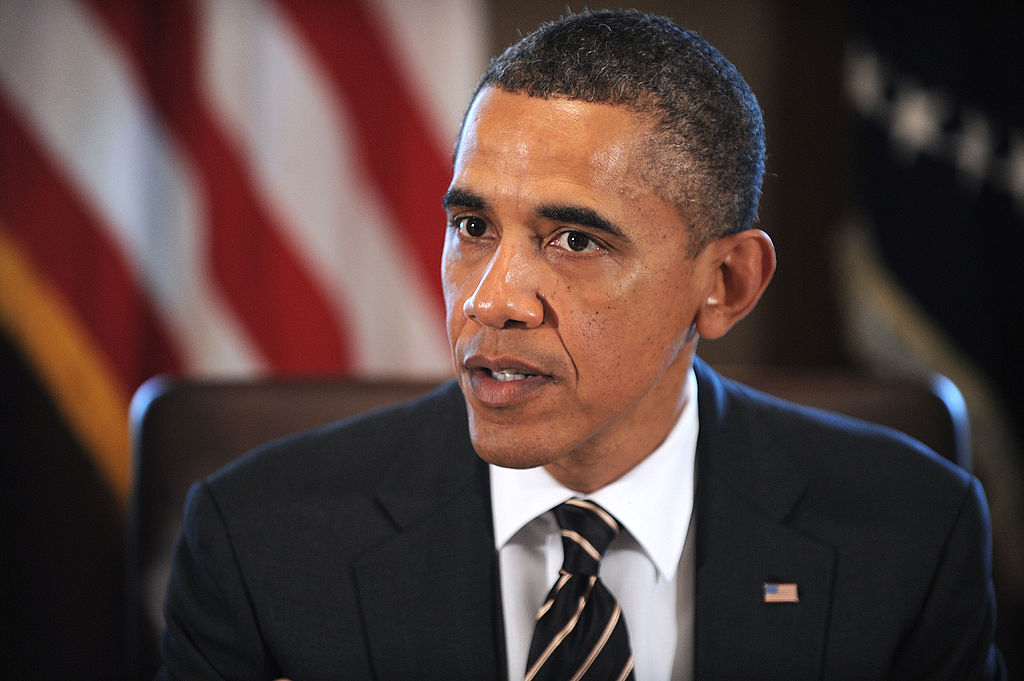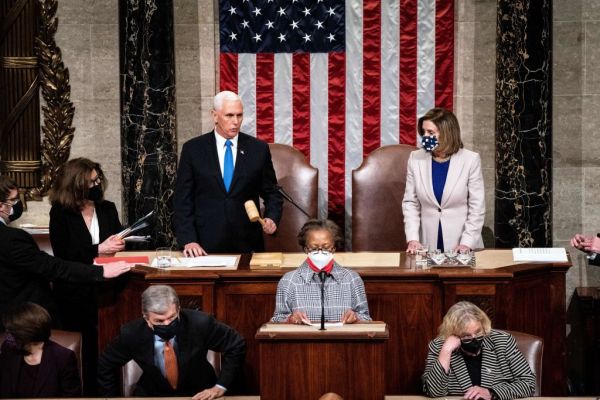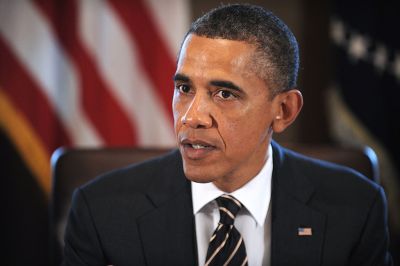An X post with more than 20 million views claims that Barack Obama repealed a law that prevented the U.S. government from broadcasting propaganda to Americans. “DID YOU KNOW? In 2012, President Barack Hussein Obama repealed the Smith-Mundt act, which had been in place in 1948,” the post says. “The law prevented the government from putting its propaganda on TV and Radio. The ACLU called its repeal a positive step for the First Amendment!”
The claim is false. Obama signed a bill in 2012 that amended the Smith-Mundt Act, but he did not repeal the law, and the government’s media agency is prohibited from creating content for domestic audiences.
The Smith-Mundt Act—formally known as the U.S. Information and Educational Exchange Act—was passed by Congress in 1948 and signed by President Harry Truman. The act allowed the State Department to engage in public diplomacy and disseminate information to foreign audiences through broadcasts, books, periodicals, and other media. In the modern era, the U.S. Agency for Global Media (USAGM) has led U.S. state media initiatives including Voice of America, Radio Free Europe, and Radio Free Asia.
Under the Smith-Mundt Act, however, no information produced by USAGM or its predecessors could be shared domestically, making it difficult and often impossible for U.S.-based institutions to access information disseminated to foreign audiences. The restrictions appeased both the general public’s mistrust of state-backed media at the time and fears among domestic broadcasters that they could not compete with an organization supported by government funding. Further amendments to the act in the 1970s and 1980s formalized these restrictions and limited domestic access to media, academia, and Congress for examination only.
Smith-Mundt’s restrictions became largely untenable and unenforceable in the 1990s as the Internet eased domestic access to foreign media. In 2010, the bipartisan Smith-Mundt Modernization Act, which would allow for easier domestic dissemination of USAGM information, was introduced to Congress. In 2012, a new version of the 2010 legislation was included in the broader National Defense Authorization Act for Fiscal Year 2013, which President Obama signed into law on January 2, 2013.
The modernization act allows domestic organizations and persons to request access to content produced by USAGM, but the agency is still restricted from creating programming intended for domestic audiences.
If you have a claim you would like to see us fact check, please send us an email at factcheck@thedispatch.com. If you would like to suggest a correction to this piece or any other Dispatch article, please email corrections@thedispatch.com.








Please note that we at The Dispatch hold ourselves, our work, and our commenters to a higher standard than other places on the internet. We welcome comments that foster genuine debate or discussion—including comments critical of us or our work—but responses that include ad hominem attacks on fellow Dispatch members or are intended to stoke fear and anger may be moderated.
With your membership, you only have the ability to comment on The Morning Dispatch articles. Consider upgrading to join the conversation everywhere.